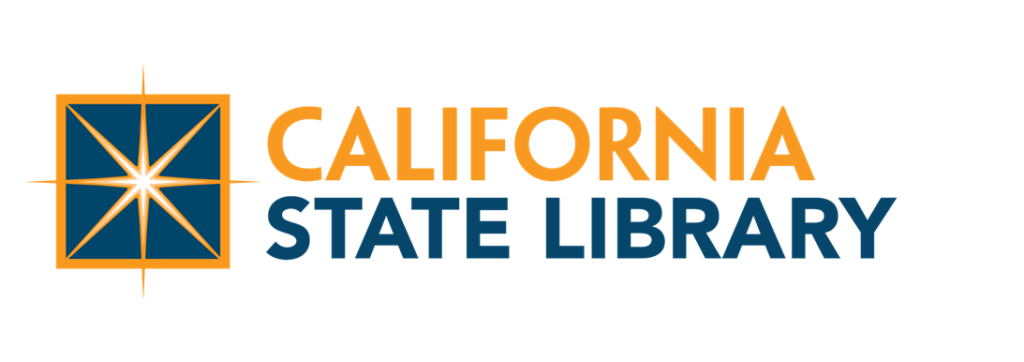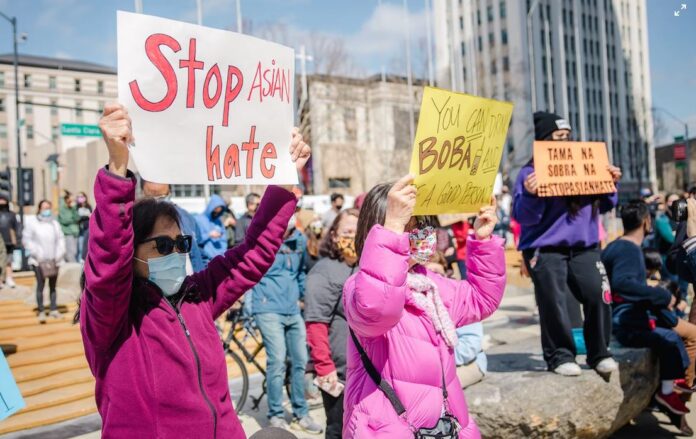By Randall Yip, AsAmNews Executive Editor
An Asian American bus rider in San Francisco is repeatedly called a ch*nk and told he’s happy Asian people are getting beat up, robbed and killed.
Another Asian American on a BART train is called a “ch*nk, fag*ott Asian corona.”
Stories like these reported to Stop AAPI Hate resonated with California Sen. Dave Min (D-Orange County).
That’s why he’s joined the civil rights group to introduce a bill mandating the collection of data on hate incidents on public transit. His bill would require the top 10 transit agencies in California to collect information about the safety of public transit riders.
The agencies impacted are the Los Angeles County Metropolitan Transportation Authority (LA Metro)City and County of San Francisco (MUNI)San Diego Metropolitan Transit System (MTS)San Francisco Bay Area Rapid Transit Authority (BART)Alameda-Contra Costa Transit District (AC Transit)Orange County Transportation Authority (OCTA)Long Beach Transit (LBT)Santa Clara Valley Transportation Authority (VTA)City of Los Angeles (LA Department of Transportation) and Sacramento Regional Transit District (Sac RT.
“This is important because public transportation ensures that each person can enjoy the freedom of movement, providing a safe journey for women, trans, cisgender, and other vulnerable communities,” said Annie Lee, managing director of policy at Chinese for Affirmative Action, one of three founding members of Stop AAPI Hate.
She told AsAmNews 50 percent of the more than 11,000 incidents of anti-Asian hate occurred in public spaces such as transit. Their data also found women are the most vulnerable with 77 percent of women in California experiencing full harassment in public spaces.
“No Californian should feel unsafe commuting from one place to the next,” said Min in a statement. It’s time we step up and give public transit providers the tools necessary to keep all passengers safe.”
The introduction of Min’s bill comes one year after the legislature passed a bill calling on the Mineta Transportation Institute to develop questions for the survey. Those questions are now being tested with monolingual Chinese transit riders to make sure they understand what will be asked.



